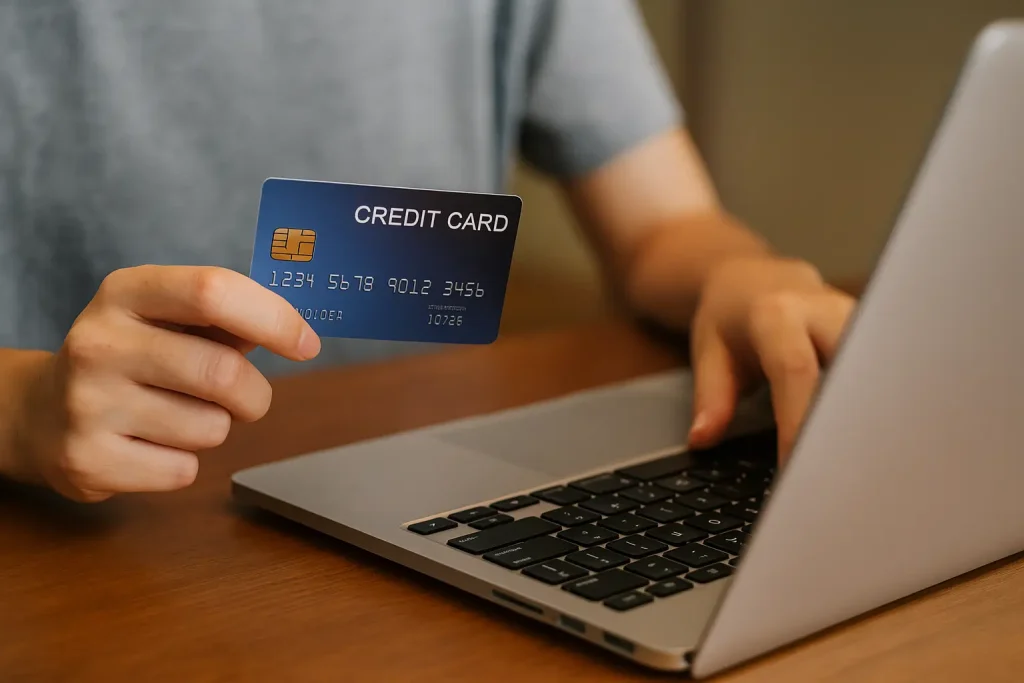Beginner credit cards are one of the most effective tools for Americans who want to establish a reliable financial foundation. These cards are designed for people with little or no credit history, offering manageable limits and straightforward conditions. By using them responsibly, individuals can build a positive record that will unlock better financial opportunities in the future.
The demand for beginner credit cards has increased as more young adults, students, and newcomers to the US financial system seek access to credit. Since many major purchases—like cars, apartments, or even job applications—depend on credit history, starting early makes a significant difference. With the right strategy, these cards become stepping stones toward long-term stability.
How beginner credit cards work?

The mechanics are simple. Lenders provide a card with a modest credit limit, usually lower than standard cards, to reduce risk. Borrowers then use the card for purchases and must repay balances on time. By keeping credit utilization low and avoiding late payments, users demonstrate financial responsibility. Over time, this behavior improves credit scores and helps qualify for more advanced products.
Another important feature of beginner credit cards is that some are secured, requiring an initial deposit that acts as collateral. Others are unsecured but may include higher interest rates or fees. Both options give users the opportunity to prove they can manage credit, with secured cards often serving as the easiest entry point.
Pros and cons of beginner credit cards
Before applying for a beginner card, it is essential to look beyond the marketing promises and analyze its true impact. While these cards can open doors to credit access and provide valuable learning experiences, they also carry risks such as high fees, low limits, and potential credit damage if misused. Weighing the strengths and weaknesses carefully helps beginners decide whether the product aligns with their goals.
| Pros | Cons |
|---|---|
| Helps establish or build credit history | Often comes with lower credit limits |
| Easier approval for beginners | Higher fees or interest rates may apply |
| Provides access to basic credit features | Requires strict payment discipline |
| Can lead to better credit card offers in the future | Misuse can damage credit history early |
Best practices for using beginner credit cards
These cards are most effective when paired with responsible habits. Users should approach them as tools for building credibility rather than sources of extra cash. Establishing routines and limits ensures that the benefits of credit outweigh the risks. Some essential tips for managing beginner credit cards include:
- Use the card only for small, planned purchases
- Pay the full balance every month to avoid interest charges
- Keep credit utilization below 30% of the available limit
- Monitor statements regularly to detect errors or fraud
Adopting these practices helps create a stronger financial foundation. Instead of falling into common pitfalls like overspending or missing payments, users establish credibility and gain access to better products in the future. This combination of discipline and planning ensures that beginner credit cards serve their true purpose: building a secure and lasting credit history.
Strategies to strengthen results
To maximize benefits, beginners should combine good card management with broader financial habits. Building an emergency fund, creating a budget, and tracking expenses all support responsible use of credit. Seeking advice from community banks or credit unions can also help, as they often provide educational programs for first-time borrowers.
Are beginner credit cards worth it?
Beginner credit cards are more than just entry-level financial products—they are gateways to future opportunities. When used responsibly, they help consumers establish credibility, qualify for loans, and access better financial tools. The key is discipline: by paying on time and staying within limits, beginners transform these cards into stepping stones for long-term success.
Ultimately, for those committed to building a strong financial reputation, beginner credit cards are an invaluable starting point. They offer access, structure, and the chance to demonstrate responsibility from the very beginning.



